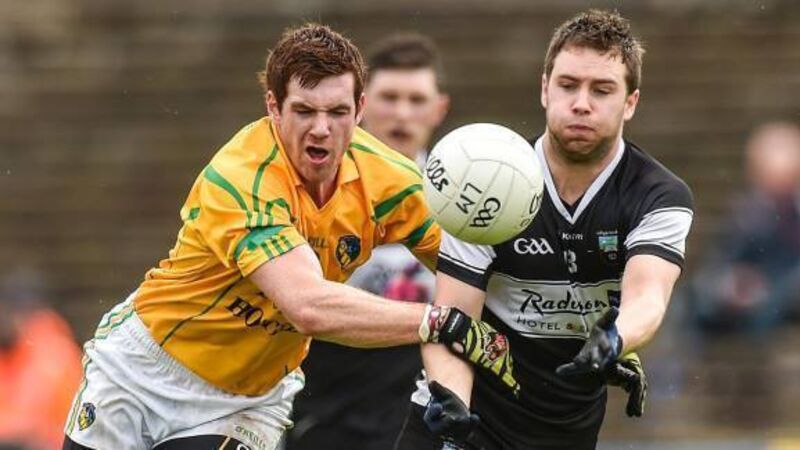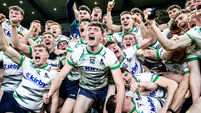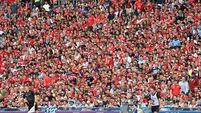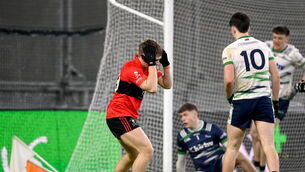Still lots to learn from field of athletics

Athletics was the main focus in the formative years but Gaelic football was to sweep the nation and resulted in athletics moving away from the association — now a single body in the form of Athletics Ireland in the present day.
While athletics is no longer part of the GAA, the sport’s influence on football and hurling, and indeed the rest of the sports throughout the country and abroad, is impressive in the form of therapists and fitness trainers.













